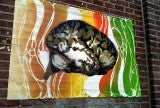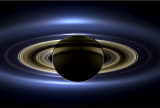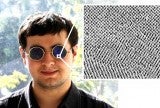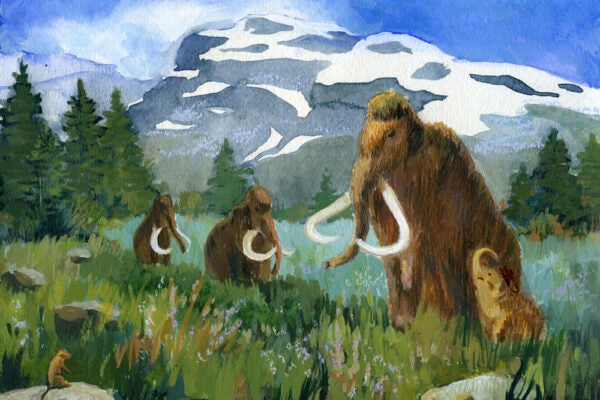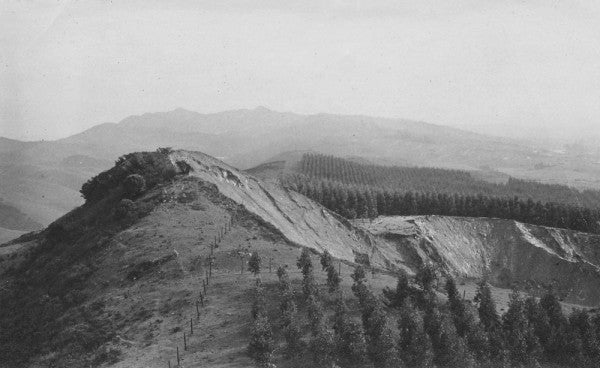Where Do Tumbleweeds Come From?
The Plants We Think Epitomize the Untamed West Are Actually Foreign Invaders
Kevin de León, the new leader of the California State Senate, recently caused a stir when he said that it would be a bad idea to begin building a proposed high-speed train in the San Joaquin Valley, in part because “nobody lives out there in the tumbleweeds.”
The remark not only showed that de León needs a bit of education on the Valley (where 4 million people live) but also cast light on an oft-overlooked plant.
Tumbleweeds, like the San Joaquin Valley, are misunderstood and full of surprises. While the plants are …






